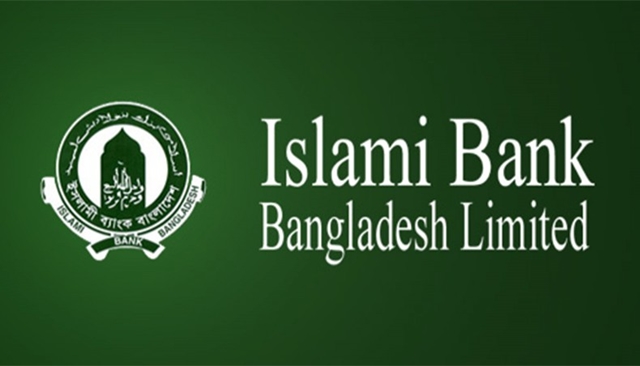SAM
Published:2019-12-02 00:21:52 BdST
Islami Bank sees spurt in default loans
FT ONLINE
Islami Bank Bangladesh Ltd (IBBL) had a reputation in the industry for managing default loans with sincerity. Some even called it the healthiest bank of the country.
But since its management change in 2017, it seems to be finding it hard to tame default loan, which jumped by a whooping over 26 percent or Tk900 crore in the July-September quarter.
During the same period, all banks together saw a much lower 3.43 percent growth in default loans.
Such a huge accumulation of default loans means Islami alone contributed 23.29 percent to the total default loan growth of all the banks together during that period.
When Islami's management changed suddenly, many feared its health may get affected.
The rising stream of bad loans seemed to prove the experts' predictions right.
The default loan of the bank which remained below three percent until 2017 crossed four percent in 2018.
Loan rescheduling seemed the only weapon for the bank to reduce the default loan. Despite huge rescheduling, default loans doubled to 8.83 percent in January-March 2019 from December 2018.
The bank rescheduled around Tk5,000 crore in 2018.
However, the bank managed to bring down the default loan at 4.17 percent in the April-June quarter but it did not continue in the next quarter and so in September, the default loan rate stood at 5.12 percent, according to central bank data.
Abu Reza Mohammad Yeahia, deputy managing director of the bank, said, "Default loan increased due to slow recovery. It is a common trend that recovery becomes faster at the end of the year."
"Moreover, the bank did not reschedule loan much under the special loan rescheduling policy," he added.
He hoped that at the end of the year default loan will come within four percent due to intense recovery drive and rescheduling loan under a new policy offered by Bangladesh Bank.
In the first nine months of the current year, the net profit growth of the bank was 2.61 percent, according to the Dhaka Stock Exchange (DSE).
The stock price remained downward since the reshuffle has taken place in the bank's management as retail share-holders lost their confidence in its stock.
The price of each share came down at Tk18 in November 2019 which was above Tk35 until 2017, according to DSE.
Unauthorized use or reproduction of The Finance Today content for commercial purposes is strictly prohibited.


